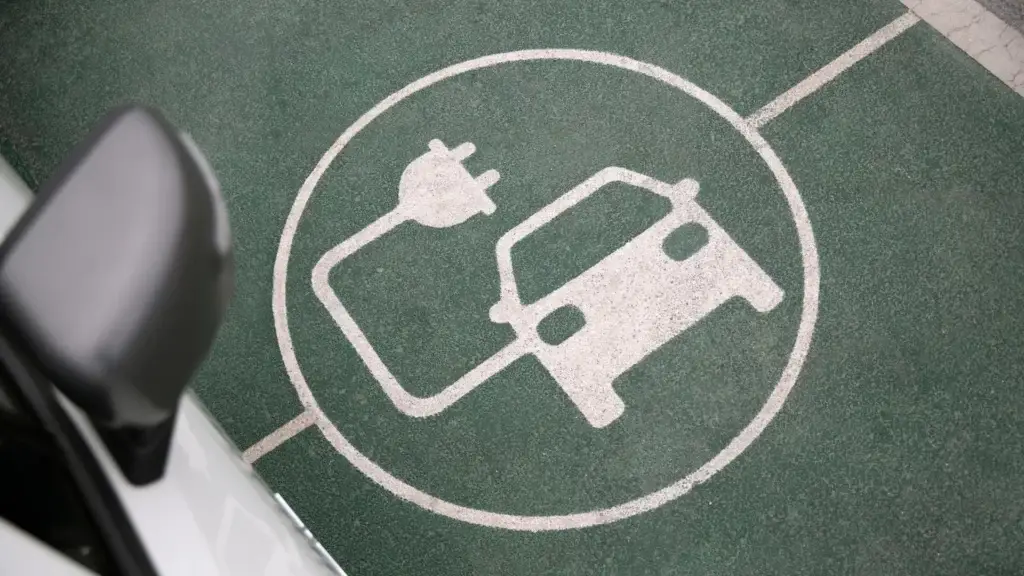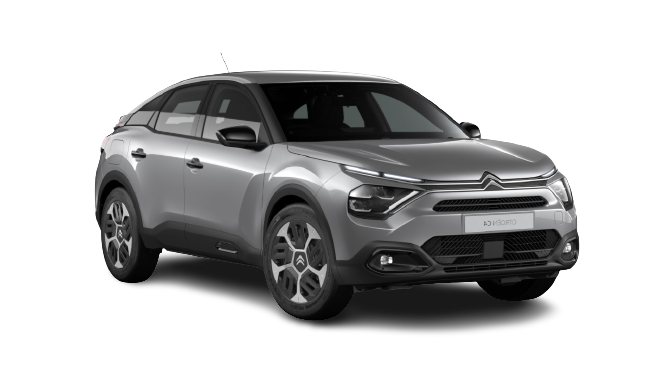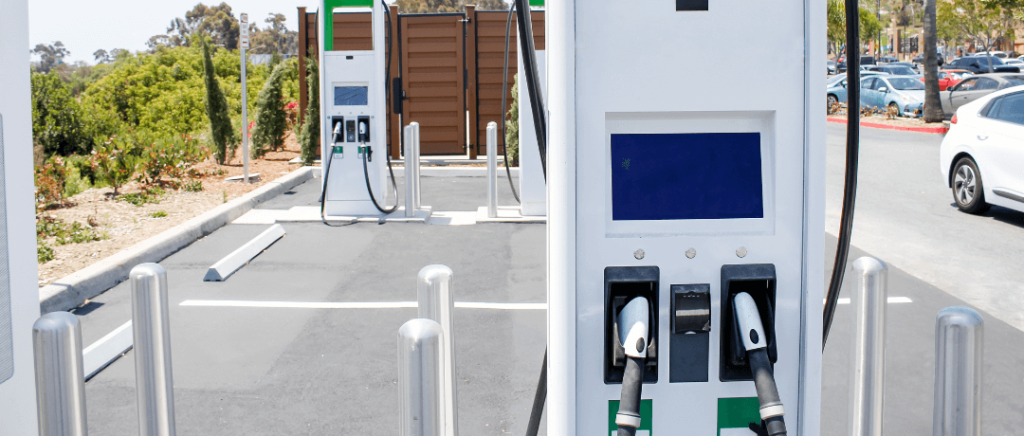Benefits in kind: definition and context
Benefits in kind represent all the services and benefits made available to the employee by the company. These range from the provision of food and accommodation, to the payment of part of the employee's energy bills and the use of a company car.
The benefit in kind is thus a tax tool that enables the employer to provide services free of charge to the employee, or in exchange for a consideration that is less than the actual value of the benefit in question.
Which company vehicles are covered by this scheme?
The company car is a vehicle made available to the employee for both professional and personal use. It's a vehicle that the employee can use to travel on weekends and during vacations. As such, it is the company car that will be concerned by the provision of benefits in kind.
NB: the company car is not covered by the benefit-in-kind scheme, as it is a vehicle used exclusively for business travel. It is a vehicle that the employee will borrow in the morning and return at the end of the day.
To find out more, take a look at our article on the differences between company and service vehicles.
Why provide your employees with a company electric vehicle?
Employers can make a company electric vehicle available to their employees, and use this tax advantage in kind as a lever to :
- Recruiting: This is a strong hiring argument for employers, and one that sets them apart from their competitors when it comes to recruiting. Indeed, an employee will most likely prefer a contract offer from a company providing a company car that he or she can use for both professional and personal purposes, rather than another offer that does not include the provision of a company car.
In addition, in the specific case of the provision of an electric vehicle by the company, this can help to attract employees with a strong awareness of the CSR policy of the company to which they are applying. - Building loyalty A company car is made available to employees over a very long period of time (several years), thus building loyalty among employees who have this important advantage within their company, which may keep them from wanting to change jobs.
- Capitalize: The benefit in kind is a fiscal tool that will enable the employer to reduce his charges and in particular the negotiation of the salary. Employers can lower the salary of an employee they wish to recruit by including a company car. However, the employer must pay a large number of payroll taxes. If the salary is revised downwards, the employer will pay fewer charges despite the provision of a company car. The operation is therefore very advantageous for the employer.
URSSAF distinguishes two categories for calculating the benefit in kind:
- Status of company vehicle :
- The vehicle is the property of the company (it has been purchased).
- The vehicle is not the property of the company (it has been leased).
The tax specifics of benefits in kind for electric vehicles
As a result, we're seeing an increasing number of company electric vehicles, with tax breaks that are more advantageous than their combustion-powered counterparts, including exemption from the tax on the use of passenger vehicles for economic purposes, and depreciation of the electric vehicle and its batteries.
In addition, thedecree of May 21, 2019 incorporates new elements to be taken into account in calculating the benefit in kind with regard to electric vehicles.
In the case of company electric vehiclesthe specific features to be taken into account when calculating the benefit in kind are as follows:
- electricity costs for recharging the vehicle, paid for by the employer, are not taken into account when calculating the benefit in kind.
- the expenses used to calculate the benefit in kind will be valued after application of a 50% allowance, up to a limit of €1,800 per year.
Since 2019 and until December 31, 2022, the benefit in kind resulting from the use of a charging station by the worker for non-professional purposes was assessed at zero, regardless of where the station was installed.
In addition, employers can choose between two calculation methods:
- Actual expenses: in this case, an annual assessment and additional calculations are required.
- Annual flat rate: in the case of the flat rate, the rate is determined according to whether the vehicle was purchased or leased.
Below are the calculation rules for electric vehicles, based on actual expenditure and the annual flat rate.
Calculating the benefit in kind for an electric vehicle based on actual expenses
To calculate the benefit in kind based on actual expenses for the company electric vehicle, you need to take into account :
- Depreciation of the vehicle purchased (incl. VAT) over 5 years at a rate of 20% per year (10% for vehicles over 5 years old) or the annual cost of leasing (incl. VAT), in the case of leased vehicles.
- Insurance
- Maintenance costs incl. VAT
To obtain the value of the benefit in kind, we then need to calculate the share of personal expenses in the total of actual expenses incurred.
Source: URSSAF
Calculation of the benefit in kind for a leased vehicle based on the fixed price
First of all, it is important to note that there will be a differentiation in the calculation of the benefit in kind of the electric vehicle depending on how it was acquired, whether it was purchased or leased by the company.
In the case of an electric vehicle purchase
In the case of an electric vehicle rental
On the other hand, in the case of a leased electric vehicle, the benefit in kind represents 30% of the total annual cost of the lease, whether with or without purchase option.
In addition, as mentioned above, whether you are purchasing or leasing an electric vehicle, insurance and maintenance are two variables that must also be taken into account when calculating the benefit in kind.
Conclusion
In practical terms, having a company electric vehicle is therefore an advantage for the employee, as recharging is not considered a benefit in kind, which means that he or she benefits from a 50% tax deduction, thus avoiding an increase in the tax rate.
In conclusion, we can see that the benefit in kind is an interesting arrangement for both employer and employee. Owning a company car is not a zero-cost item for the employee, since the benefit in kind is included in the calculation of the employee's tax rate. What's more, an electric company car offers significant tax advantages over its internal combustion counterpart, which should be taken into account by both the company and the employee when choosing a company car.
In addition, the acquisition of an electric car as a company vehicle will help meet the current objective of decarbonizing the French car fleet, and will also be a significant advantage for the development of the company's CSR policy policy.
For more information, we've put together a guide to this topic to explore the different aspects in depth:
Read our article about :

































